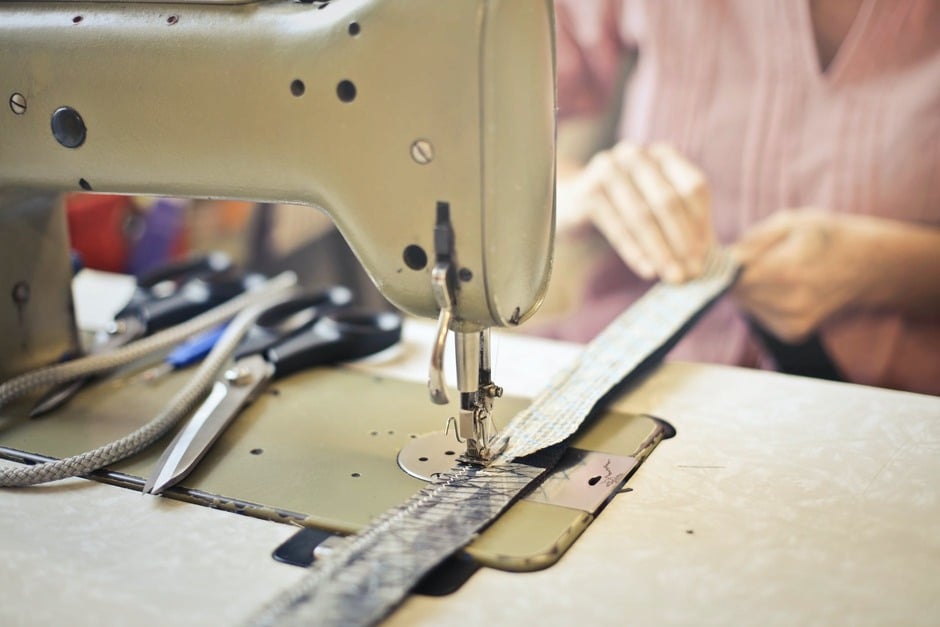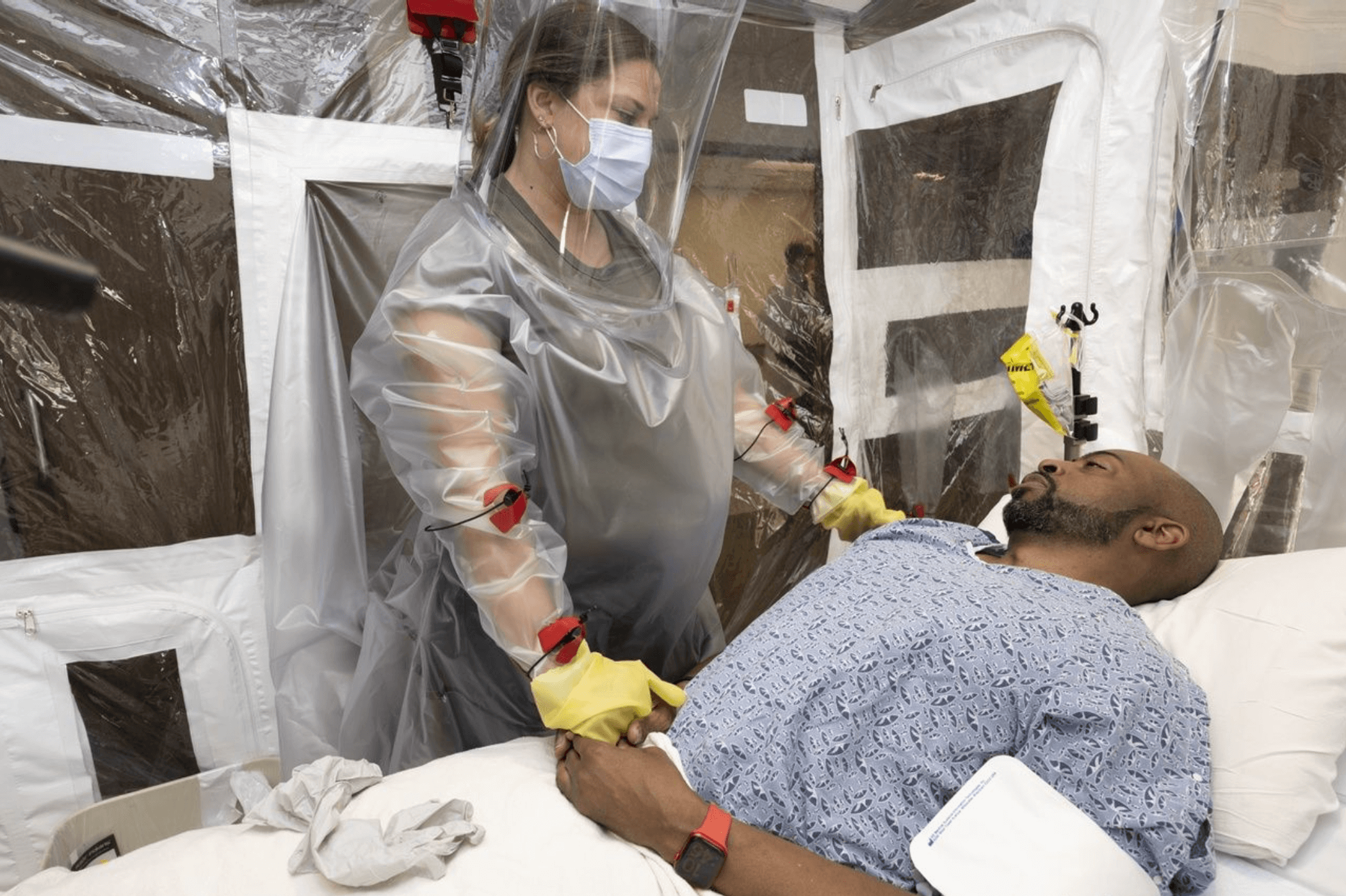What is Industrial Sewing?
Industrial sewing is the process of joining two pieces of specialty film or fabric by stitching them together. The advantages of industrial sewing primarily lie in the rapid stitch rate capabilities and sewing speed of industrial sewing machines versus domestic sewing machines. For instance, industrial sewing machines on average can be anywhere from 10 to 20 times faster than domestic machines while operating for longer hours.

More About Industrial Sewing:
How is Industrial Sewing Different From Other Kinds of Sewing?
The Top 5 Uses for a Hazmat Suit
The Top 4 Industrial Fabric Structures
What is a Gravity Suit And How Does it Work?
What is Textile Engineering And How Does it Work?
Five Things You Didn’t Know About Life Vests
The Top 3 Military Fabric Uses (That Aren’t Clothes)
What is Laminated Fabric And How is it Used?
How 5 Top Industries Are Using Industrial Sewing
3 Surprising Uses of Industrial Sewing
What Are Space Suits Made Of?
The Top 4 Types of Custom Sewn Bags
What Are The Features Of An Industrial Sewing Machine?
How is Industrial Sewing Used in Aerospace?
What is Commercial Sewing and Why is It Important?
What is Laminated Fabric Made Of?
Uncovering the Power of Hazmat Suits: Understanding your Protective Wear Options
Demilitarization Protective Ensemble (DPE) Design: Improving Worker Safety
What is RF Welding?
Radiofrequency Welding or dielectric welding is a process where high frequency electric fields and applied pressure allow for the heating and melting of thermoplastic base materials such as PVC or vinyl fabric.

More about RF Welding:
What is RF Welding and How Does it Work?
What is Heat Sealing and How is it Used?
Fuel Bladders: What they Do and How They’re Used
The Complete Guide to PVC Sealing
How Do You Make a Hermetic Seal?
How does a Fuel Bladder Tank Work?
What is Vinyl Welding?
The Complete Guide to Marine Fuel Bladders
Medical RF Welding – How does it Work?
The Complete Guide to Drone Fuel Bladders
How to Make Inflatables with Vinyl Welding
What is PVC Welding?
What is an Air Bladder?
Medical Manufactured Products
Specialized medical equipment require precise standards to be met and FDA clearance for use on medical patients and in a healthcare setting. Learn more about how products such as isolation rooms, vaccum lock cushions, compression garments, PPE, and other medical devices are made and why their reliability is so important for critical care.
More About Medical Products:
What Are the Different Levels of PPE?
How Isolation Rooms Save Lives
What is an Air Wedge and What is It Used For?
Why Does Regulatory Compliance Matter?
For industrial sewing and rf welding manufacturers that work with government, medical, aerospace, commercial, and industrial organizations, certain standards and regulations must be met to ensure the highest standards of excellence.



